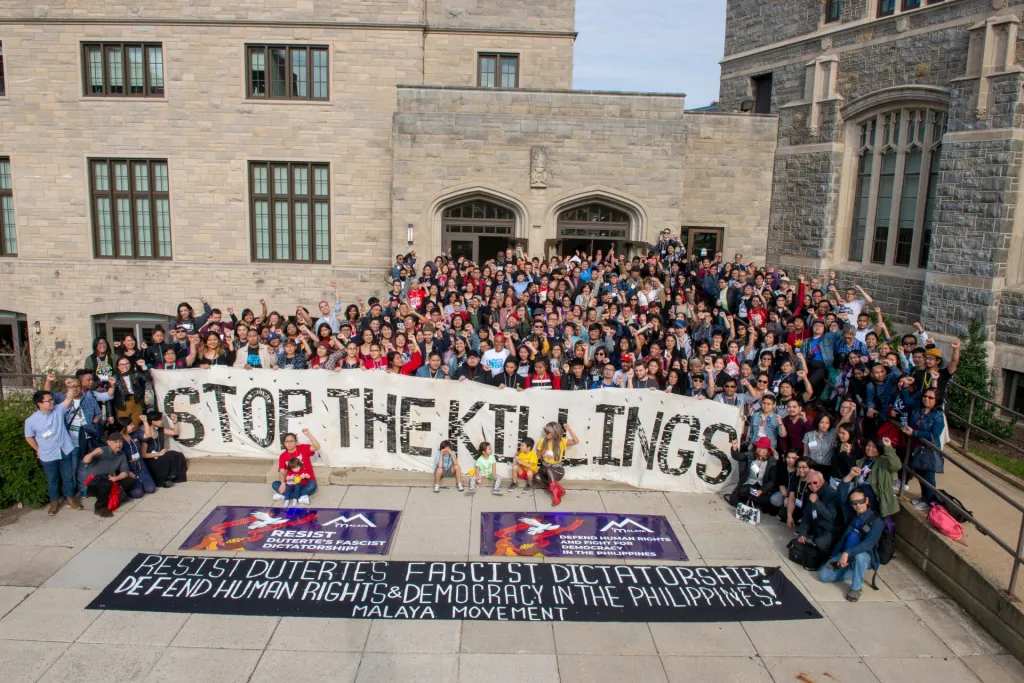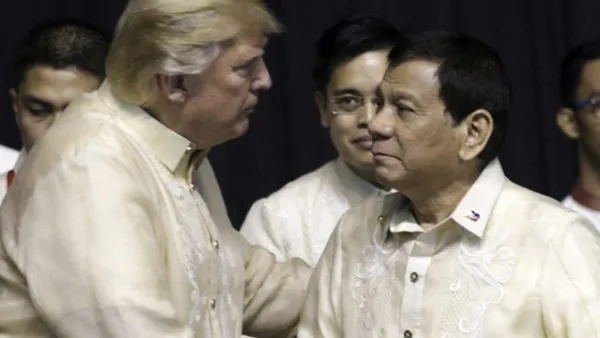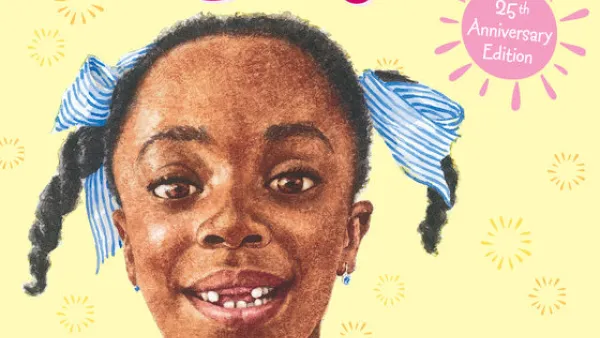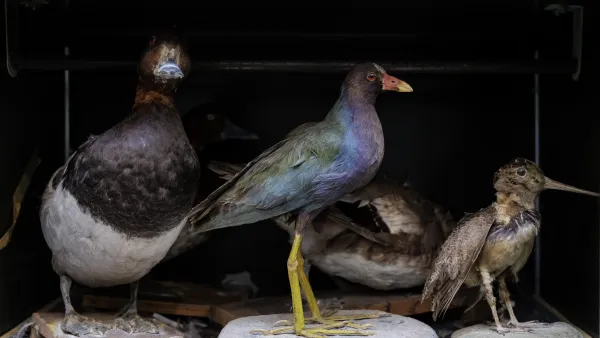Joy Sales is a postdoctoral fellow in immigration, culture and law in the American Culture Studies program.
In September 2016, newly elected Philippine president Rodrigo Duterte stated, “Hitler massacred three million Jews ... there’s three million drug addicts. There are. I’d be happy to slaughter them.” Duterte is one of many leaders in our current era of global authoritarianism. Like many so-called populist leaders, Duterte branded himself an anti-establishment candidate, and his popularity has soared whenever he insults journalists, women, and fellow heads of state. Duterte is most notorious for his war on drugs, which, according to human rights organizations, has amounted to 27,000 extrajudicial killings as of July 2019. While the country does have a drug problem, human rights activists have declared that the war on drugs is a war on the poor, with most victims being addicts and pushers, rather than drug lords.
Duterte’s war on drugs is part of a longer history of dictatorship and U.S. empire. Many activists, young and old, have identified uncanny similarities between Duterte and the late Phillipine dictator Ferdinand E. Marcos, whose regime of martial law was responsible for 70,000 political detainees, 34,000 people tortured, and 3,240 deaths. Less known, though, was Marcos’s own war on drugs. Between 1972 and 1976, the U.S. Agency for International Development (USAID) and the U.S. Drug Enforcement Administration provided the Marcos regime with $1.28 million in narcotics control and training, and a new anti-narcotics unit within the Philippine Constabulary police force. The “war on drugs,” both then and now, has been used to control the poor and police political dissent.
The tools of authoritarians—anti-narcotics campaigns, martial law, and the police—are products of U.S. imperialism. When the Philippines was a U.S. colony from 1898 to 1946, U.S. officials and Filipino elites designed various tools of political repression. The constabulary was a police force that was responsible for quelling “insurgencies” leftover from the Philippine-American War. Martial law, as a tool of governance, was written into the Philippine Constitution of 1935 when the country became a U.S. commonwealth. Even after 1946, the Philippines remained dependent on its former colonizer through economic and military agreements. The U.S. Military Bases Agreement of 1947, for example, granted the U.S. the right to retain use of their bases “rent free.” Marcos renewed this contract in 1979 and secured an additional $500 million in aid. Similarly, Duterte’s domestic policies rely on foreign aid. In 2018, Duterte accepted $193.5 million in U.S. military aid and an additional $924 million in aid from China.


Though the mainstream Philippine media portrays Duterte as a popular president, there exists a growing global opposition to Duterte and his administration’s violent policies. MALAYA (“free” in Tagalog) is an overseas formation of the anti-fascist movement in the homeland. Founded in February 2018 and active in the United States, Canada, and Australia, MALAYA seeks to stop the extrajudicial killings, lift martial law in the southern Philippines, and stand for democracy. Its conveners are made up of artists, writers, academics, lawyers, musicians, clergy, and others, who span the generations from Marcos to Duterte. U.S. activists have formed MALAYA chapters across the country and have worked with grassroots Filipino organizations and local politicians to educate and mobilize against U.S. military aid to Duterte. Activists conducted lobbying work in Washington, D.C., they called for congressional hearings on human rights in July 2019, and they led a successful campaign to bring home Brandon Lee, a U.S. citizen and journalist who was shot by state elements in Lagawe, Ifugao, on August 6, 2019. These grassroots efforts reveal an important social movement of immigrants, second-generation Americans, and their allies who link the Filipino diaspora and U.S. aid to neocolonial conditions in the Philippines. In understanding Duterte as a figure rooted in history, Filipino activists disavow the romanticization of past and present state violence, and, even more importantly, they situate themselves in a longer struggle against U.S. imperialism and tyranny in the Philippines. As Marcos was overthrown in the EDSA People Power Revolution of 1986, it is in the hands of the Filipino people to oust Duterte.




